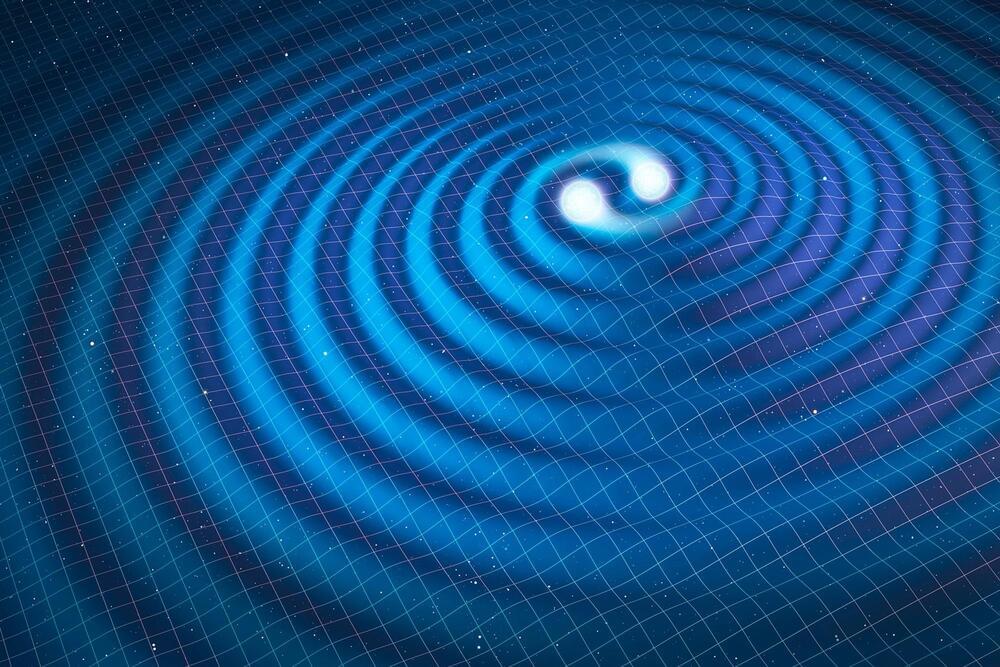A new study will improve the detection of gravitational waves —ripples in space and time. Scientists at the University of Minnesota Twin Cities College of Science and Engineering co-led the research with an international team.
The research aims to send alerts to astronomers and astrophysicists within 30 seconds after the detection, helping to improve the understanding of neutron stars and black holes and how heavy elements, including gold and uranium, are produced.
The findings were recently published in the Proceedings of the National Academy of Sciences of the United States of America (PNAS), a peer-reviewed, open access, scientific journal.









Comments are closed.